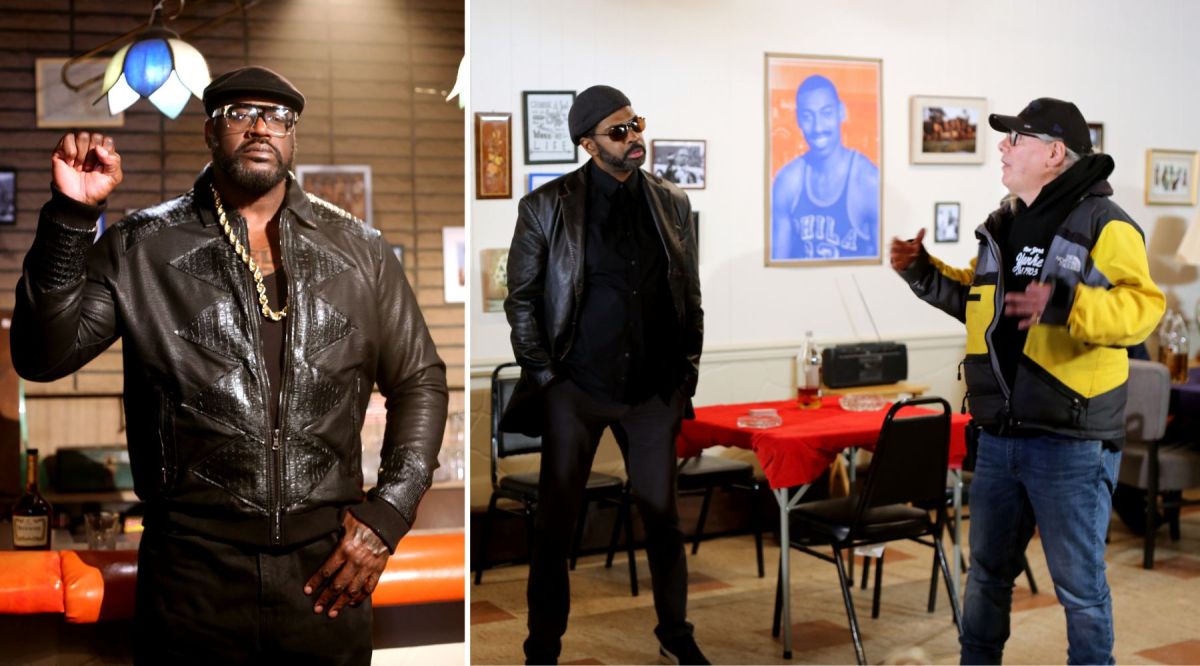
‘Sea Wall/A Life’ runs at the Hudson Theatre through Sept. 29. 141 W. 44th St., seawallalife.com
I was certainly skeptical when it was announced that “Sea Wall/A Life,” a pair of short and sobering monologues by contemporary English playwrights Simon Stephens (“Heisenberg”) and Nick Payne (“Constellations”) starring stage and screen actors Jake Gyllenhaal and Tom Sturridge, would play a short run on Broadway following its premiere at the Public Theater a few months ago.
If the monologues — which are performed on an empty stage with minimal lighting and sound design elements — felt bare Off-Broadway, how would they fare in a Broadway theater with a mezzanine and balcony?
Perhaps both Gyllenhaal and Sturridge had some free time in between other gigs, and Hudson Theatre was already going to be vacant in between the runs of Lanford Wilson’s “Burn This” and David Byrne’s “American Utopia.” Coincidentally, Gyllenhaal and Sturridge each previously performed at the theater, in “Sunday in the Park with George” and “1984,” respectively.
In order to avoid spoilers, it’s probably best not to summarize the thematically-linked monologues other than to say that each involves a young father who contemplates and directly confronts matters of birth, trauma, death and the unknowable. Each runs approximately 45 minutes and has a stream-of-consciousness structure with competing narrative strands.

Sturridge performs Stephens’ “Sea Wall” first and is followed after intermission by Gyllenhaal with Payne’s “A Life.” “Sea Wall” is sadder but stronger as a piece of drama, while “A Life” (which often feels like a romantic comedy) allows for more levity.
Both performances have become more focused and effective since the Off-Broadway run. Haunted and hurt, Sturridge gently relives a traumatizing experience as if participating in a group-therapy session. On the other hand, Gyllenhaal gets to have more fun and be far more energetic, at various points even running through the audience and playing bits of John Lennon’s “Imagine” on a piano.
The lean production (directed by Carrie Cracknell, who has extensive London credits) hearkens back to the most basic elements of narrative storytelling and sharing of life experiences. And as in Greek tragedy, it produces a genuine sense of catharsis for audience members.
The show has been selling out during previews, which is most impressive given that summer is when the Broadway audience comprises mainly of tourists who tend to flock to well-known, long-running musicals.
Experiencing the monologues in a larger venue does not detract from their dramatic power because they are directed squarely at the audience, treating it as a participant and a confidante. One hopes that those buying tickets solely on the basis of the involved actors will be ready and willing to listen and connect to them.

































